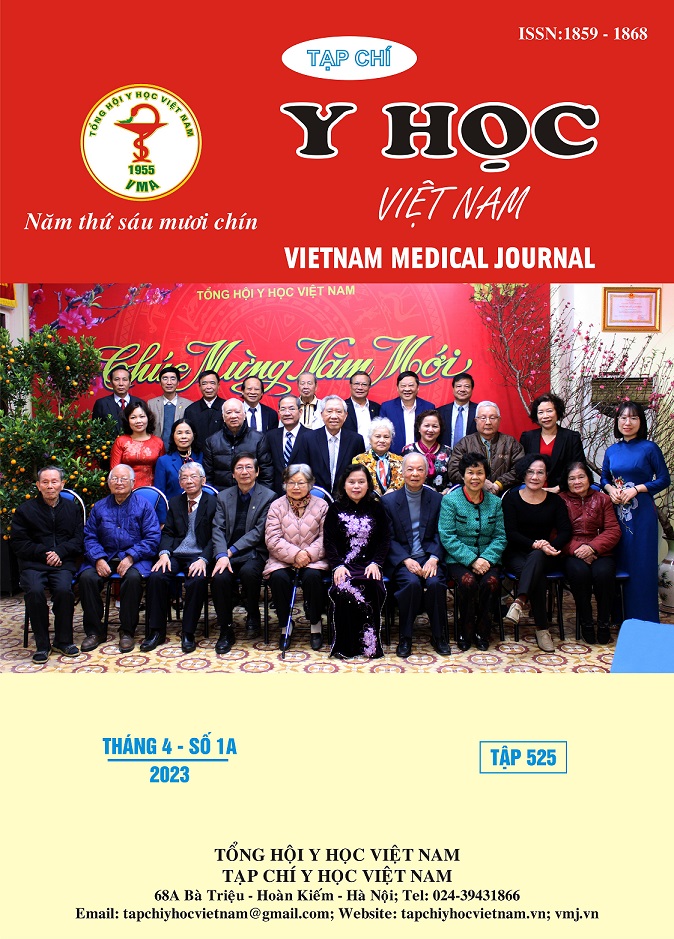FAMILY CAREGIVING FOR PATIENTS WITH TYPE 2 DIABETES: WHAT DIFFERENCE DOES DISEASE DURATION MAKE?
Main Article Content
Abstract
Family caregivers play an important role in providing care for people living with type 2 diabetes. This qualitative study aims to describe how family caregiving for people with type 2 diabetes changes with changes in the patient’s health status. The study used the extended case study method, interviewing 21 family caregivers of patients with type 2 diabetes, including: 14 patients without severe complications, and 7 patients with severe complications. In the group of patients without severe complications, family caregivers provided mental support and diet support. In the group of patients with severe complications, they provided comprehensive support. In the group of patients with severe complications, family caregivers reported feeling mentally burdened.
Article Details
Keywords
family caregivers, type 2 diabetes, disease duration
References
2. Baig AA, Benitez A, Quinn MT, Burnet DL. Family interventions to improve diabetes outcomes for adults. Ann N Y Acad Sci. 2015;1353(1):89-112.
3. Fields B, Makaroun L, Rodriguez KL, Robinson C, Forman J, Rosland AM. Caregiver role development in chronic disease: A qualitative study of informal caregiving for veterans with diabetes. Chronic Illness. 2022;18(1):193-205.
4. Franz MJ, MacLeod J, Evert A, et al. Academy of Nutrition and Dietetics Nutrition Practice Guideline for Type 1 and Type 2 Diabetes in Adults: Systematic Review of Evidence for Medical Nutrition Therapy Effectiveness and Recommendations for Integration into the Nutrition Care Process. J Acad Nutr Diet. 2017;117(10):1659-1679.
5. Nguyễn Việt Khánh, Lương Đức Sơn, Nguyễn Đức Thanh. Kiến thức về chăm sóc người bệnh đái tháo đường típ 2 của người chăm sóc chính tại hai huyện của tỉnh thái bình năm 2019. Tạp chí Y học Việt Nam. 2022; 510(1).
6. Batais MA, Alfraiji AF, Alyahya AA, et al. Assessing the Prevalence of Diabetes Distress and Determining Its Psychosocial Predictors Among Saudi Adults With Type 2 Diabetes: A Cross-Sectional Study. Front Psychol. 2021;12:759454.
7. Thi DK, Xuan BN, Le Duc C, et al. Unmet needs for social support and diabetes-related distress among people living with type 2 diabetes in Thai Binh, Vietnam: a cross-sectional study. BMC Public Health. 2021;21(1):1532.
8. Lin X, Xu Y, Pan X, et al. Global, regional, and national burden and trend of diabetes in 195 countries and territories: an analysis from 1990 to 2025. Sci Rep. 2020;10(1):14790.
9. Kristaningrum ND, Ramadhani DA, Hayati YS, Setyoadi. Correlation between the burden of family caregivers and health status of people with diabetes mellitus. J Public Health Res. 2021;10(2):2227.


